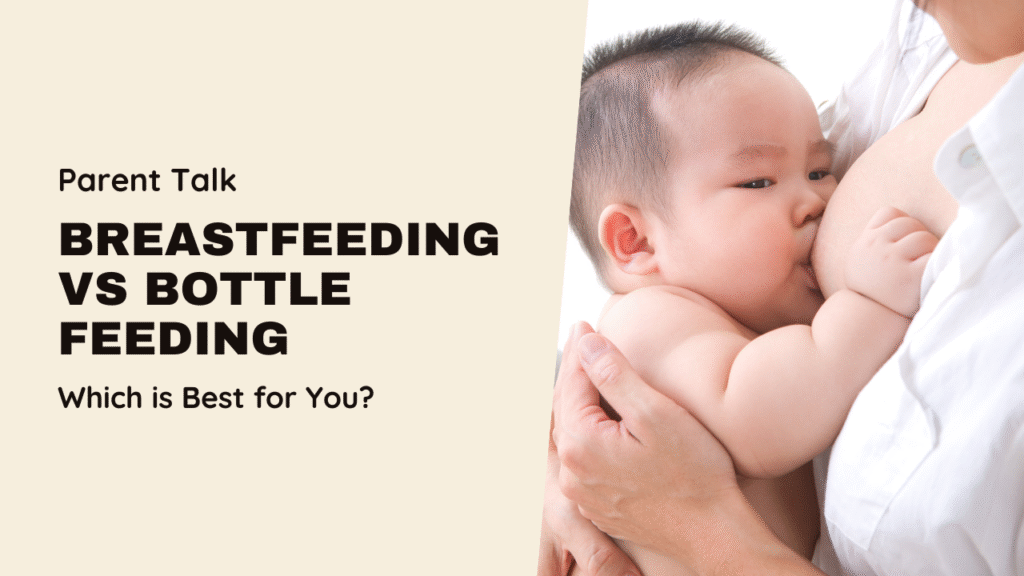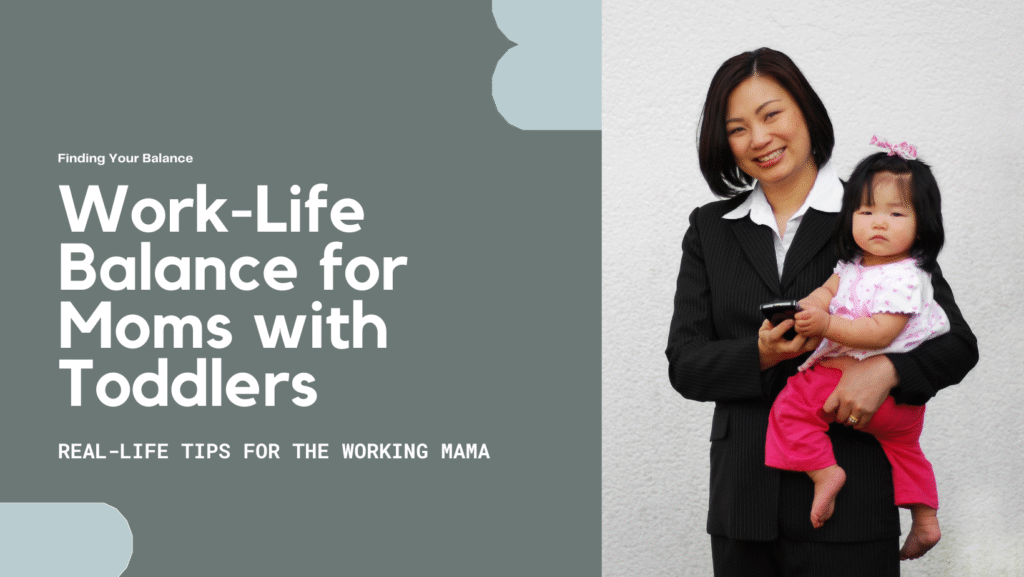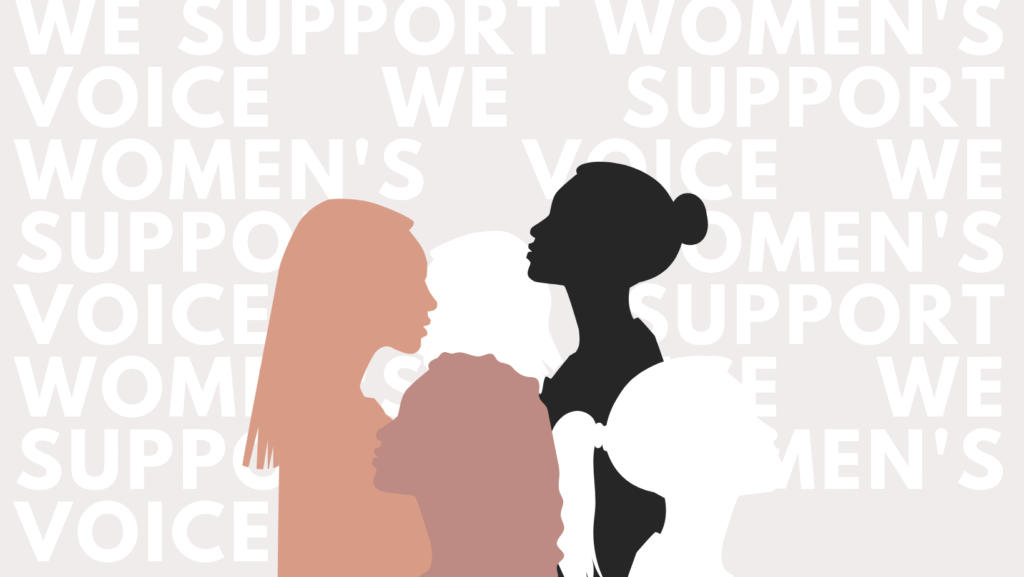An in-depth look at Dr. Nicole Pensak’s compassionate, science-based guide to navigating motherhood
The Science and Soul of Modern Motherhood
Motherhood can be beautiful—and it can be overwhelming. For new moms who find themselves anxious, uncertain, or not quite like themselves, Dr. Nicole Pensak’s Rattled: How to Calm New Mom Anxiety with the Power of the Postpartum Brain offers something rare: a blend of science, empathy, and practical tools to help mothers feel grounded and understood during this transformative stage.
In this post, we explore the key ideas, major takeaways, and most impactful lessons from Rattled—and why it’s becoming one of the most trusted resources for mothers navigating early postpartum life.
Understanding the Book: A Summary of Rattled
Dr. Nicole Pensak, a clinical psychologist and mother, begins by introducing readers to matrescence—the emotional, physical, and neurological transition a woman experiences when becoming a mother. Like adolescence, this stage can feel turbulent and uncertain. But it is also completely normal.
The heart of Rattled lies in understanding how the postpartum brain changes on a biological level. Hormonal shifts and neural rewiring make mothers more emotionally attuned, sensitive, and protective. These adaptations serve a purpose—they help mothers bond with and care for their babies. However, this same sensitivity can sometimes create feelings of anxiety or overwhelm.
Rather than viewing postpartum anxiety as something to “fix,” Dr. Pensak reframes it as an opportunity. The postpartum period is one of intense neuroplasticity, meaning the brain is more open to change and growth. With intention and support, mothers can use this time to build new habits of calm, confidence, and self-compassion.
Throughout the book, Dr. Pensak blends research with real-world tools and client stories, offering both validation and guidance. Her message is clear:
You are not broken—you are becoming.
Key Themes and Insights
1. Matrescence Is a Real Psychological Shift
Motherhood brings significant emotional and identity changes that deserve acknowledgment—not dismissal. Feeling disoriented or “different” after birth doesn’t mean something is wrong; it means you’re changing in profound ways.
“After giving birth, a woman often feels like a completely different person. The rollercoaster of physical and psychological changes affects brain and body in a similar way that adolescence changes us.”
— Dr. Nicole Pensak
2. The Postpartum Brain Is Wired for Protection
Anxiety and hypervigilance aren’t failures of motherhood—they’re evolutionary adaptations. The brain becomes more alert to help protect your baby.
“Research shows that a woman’s brain shifts in real, biological ways very quickly after giving birth. Many women become hypervigilant for good reason—the brain is telling her to stay alert because she has a human to keep alive and safe.”
3. Harnessing Neuroplasticity for Healing
The postpartum brain is especially receptive to new habits and thought patterns. This makes early motherhood a powerful opportunity to strengthen emotional regulation, self-compassion, and resilience.
“While these brainpower boosts can cause anxious feelings, they can also help to manage distress and harness the advantages of the postpartum brain.”
4. Practical Tools for Everyday Motherhood
Dr. Pensak provides accessible, science-backed tools including:
- Exercises to calm the mind and body
- Prompts for self-reflection and emotional awareness
- Strategies for managing intrusive thoughts and “mom guilt”
- Communication and boundary-setting tips for relationships
- Mindfulness and breathing techniques that fit into real life
Why Rattled Is Resonating With Mothers
Since its release, Rattled has been widely recognized for bridging the gap between psychology and lived experience.
It has been highlighted as:
- Best Book for Parents 2025 – Zibby Owens
- Most Anticipated Well-Being Read of 2025 – Audible
- Featured alongside Good Inside by Dr. Becky Kennedy in Audible’s “Refresh” campaign
But its greatest impact comes from readers who feel deeply seen.
“I wish I had this book after my first baby. It made me feel so understood.” – Goodreads reviewer
“Dr. Pensak writes with both warmth and scientific clarity. It felt like therapy—but with a highlighter in hand.” – Reader review
Final Thoughts: You’re Not Broken—You’re Becoming
If you’re a new mother feeling anxious, overstimulated, or unsure of yourself, Rattled offers both comfort and clarity. It doesn’t dismiss the challenges—it gives you language, understanding, and tools to navigate them.
Motherhood changes your brain, but it also expands your capacity for empathy, connection, and strength.
Your postpartum brain isn’t fragile—it’s powerful.
And with compassion and care, it can become your greatest ally.
References
Pensak, N. (2025). Rattled: How to Calm New Mom Anxiety with the Power of the Postpartum Brain. Flatiron Books.
American Psychological Association. (2024). Postpartum anxiety: Understanding and managing symptoms. https://www.apa.org/topics/postpartum-anxiety
Postpartum Support International. (2024). Perinatal mental health resources. https://www.postpartum.net





